The rise of Tim Cook, the most powerful CEO in the world
Timothy Donald Cook was born in Mobile, Alabama, on November 1, 1960. He grew up in nearby Robertsdale, where he went to high school.

His father, Donald Cook, was a shipyard worker. His mother, Geraldine Cook, worked at a pharmacy.

In 1982, Cook graduated from Alabama's Auburn University with a degree in industrial engineering.
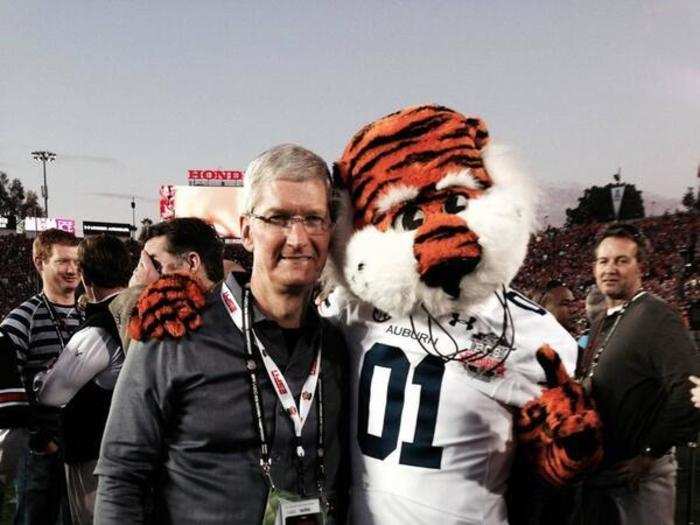
In 1982, right out of Auburn, Cook joined IBM in its still new PC division — before Microsoft Windows was even a thing. He'd rise to become the director of North American fulfillment.
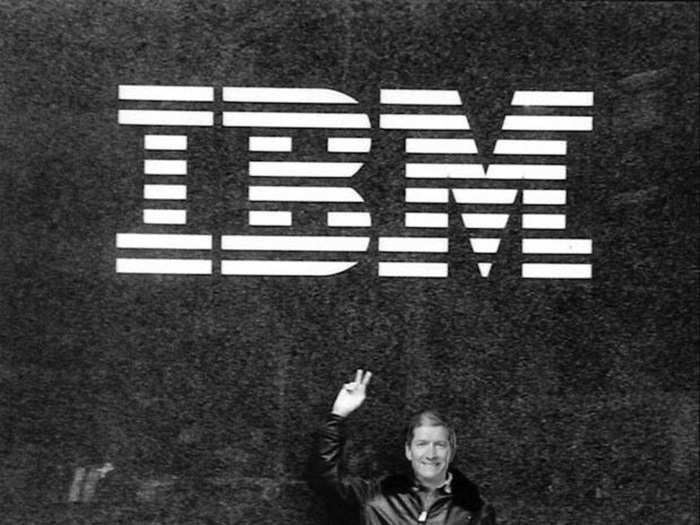
In 1996, Cook was misdiagnosed with multiple sclerosis, something he says made him view the world in a different way. Since then, he's been a big contributor to charity, and even does bike races for good causes.
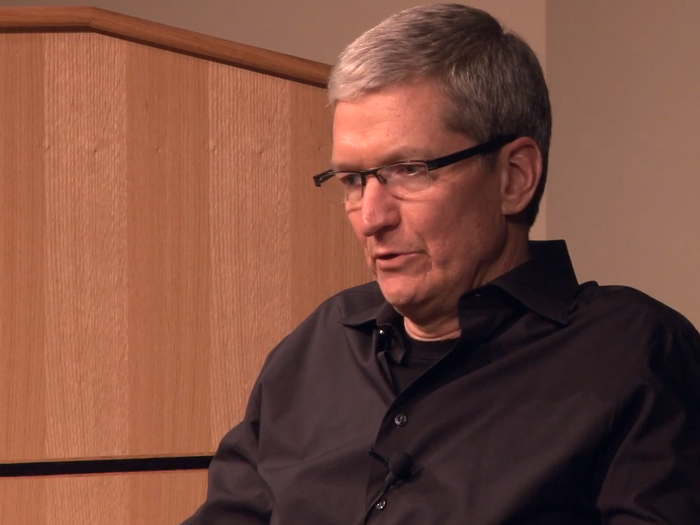
It turns out the diagnosis was just because he'd been lugging around too much baggage — literally.
Twelve years later, he left IBM and jumped into a COO role at a company called Intelligent Electronics. In 1997, he eventually landed as a vice president of corporate materials at Compaq, then one of the hottest PC manufacturers around.
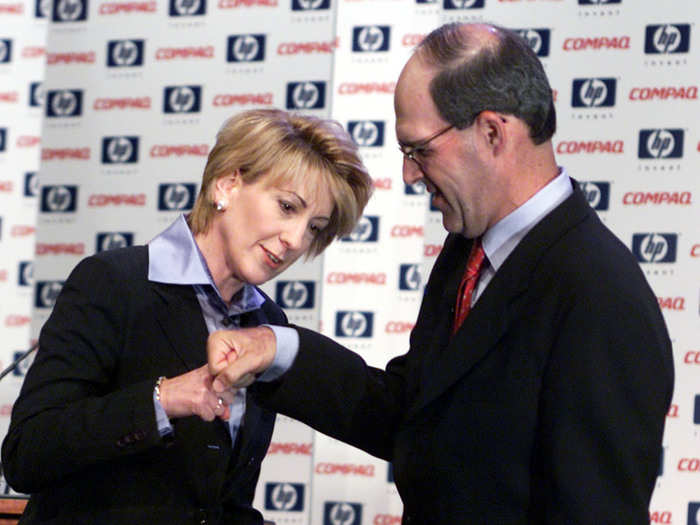
Meanwhile, Steve Jobs had just come into power as Apple's CEO, following the ouster of Gil Amelio. Jobs had the tough job of turning around Apple after many years of fading relevance, and went looking for fresh blood for his executive team.
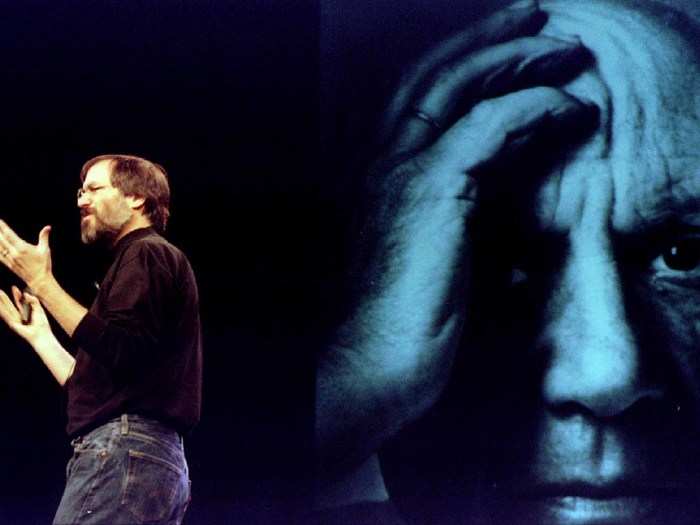
So Jobs approached Cook, identifying him as a strong prospect for his new Apple. Cook signed on to Apple in an initial role as the SVP of worldwide operations.
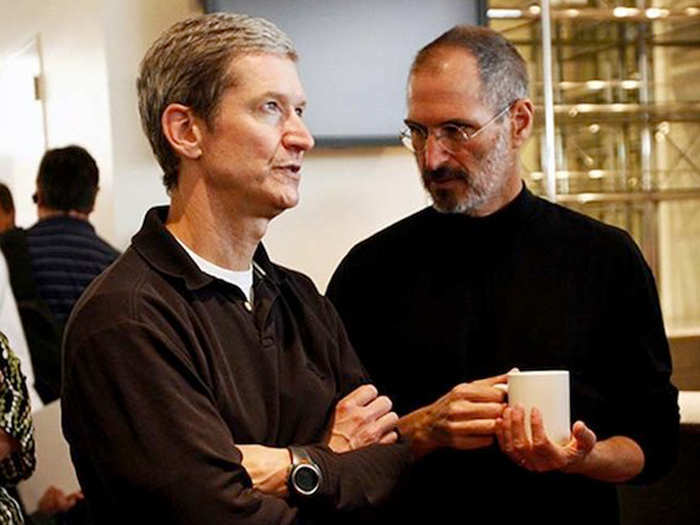
Cook would later describe their meeting:
Any purely rational consideration of cost and benefits lined up in Compaq's favor, and the people who knew me best advised me to stay at Compaq ... On that day in early 1998 I listened to my intuition, not the left side of my brain or for that matter even the people who knew me best ... no more than five minutes into my initial interview with Steve, I wanted to throw caution and logic to the wind and join Apple. My intuition already knew that joining Apple was a once in a lifetime opportunity to work for the creative genius, and to be on the executive team that could resurrect a great American company.
It must have been a difficult decision for Jobs. In 1997, Apple was an industry laughingstock: Michael Dell, one of Microsoft's closest partners, once said that if he were in Jobs' shoes, "I'd shut it down and give the money back to the shareholders."
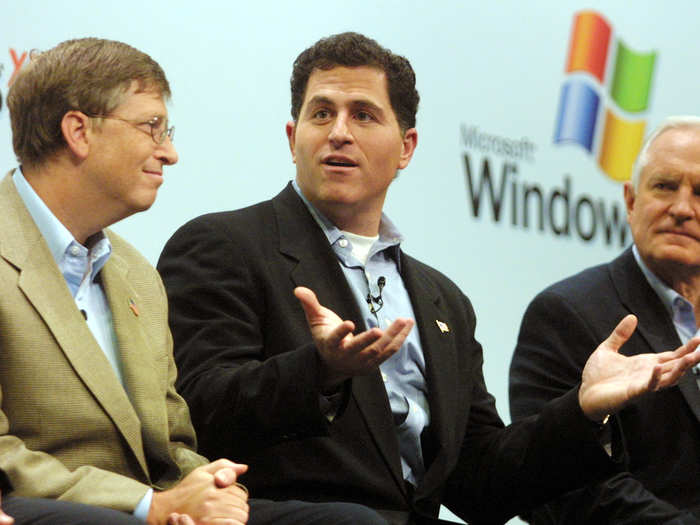
One of Cook's biggest early coups was closing Apple's own factories and warehouses and replacing them with contract manufacturers, meaning that devices could be made in larger quantities and get delivered faster.

Tim Cook once said of his role: "You kind of want to manage it like you're in the dairy business. If it gets past its freshness date, you have a problem."
Starting in 2005, Cook made investments that would lay the groundwork for the future of the company, including forming critical deals with manufacturers on flash memory, the computer-storage component that would form the basis for the iPhone and iPad.

Cook's prescience meant that when competitors sought to build their own phones and tablets, they had to compete for what little factory capacity and components Apple had left behind.
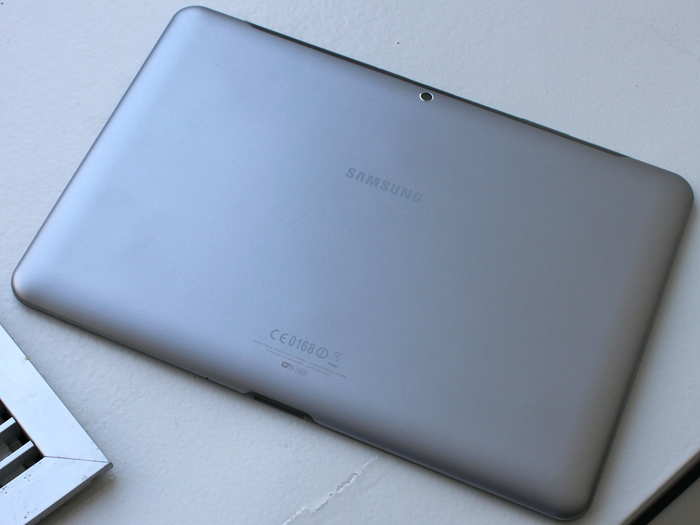
Thanks to Cook's management expertise, his star within the company rose rapidly. Apple was on the track toward growth and big profits, and Cook got much of the credit.
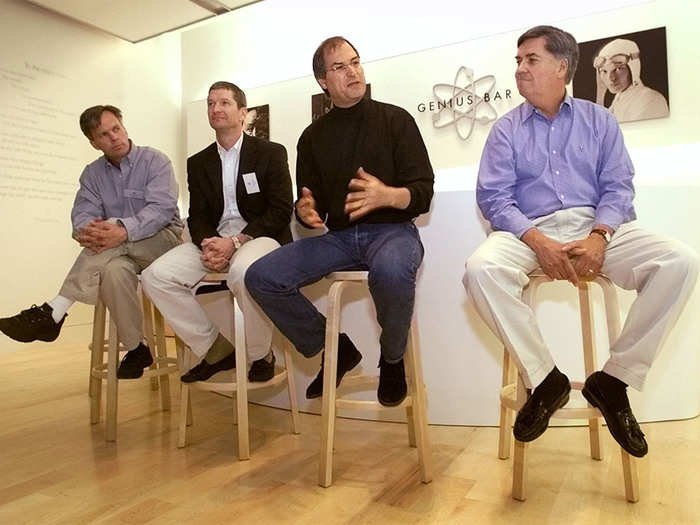
As his influence grew, Cook became known within the company for his no-mercy, relentless questioning style, his willingness to hold hours-long meetings until they got something right, and his propensity for sending emails at all hours and expecting answers.
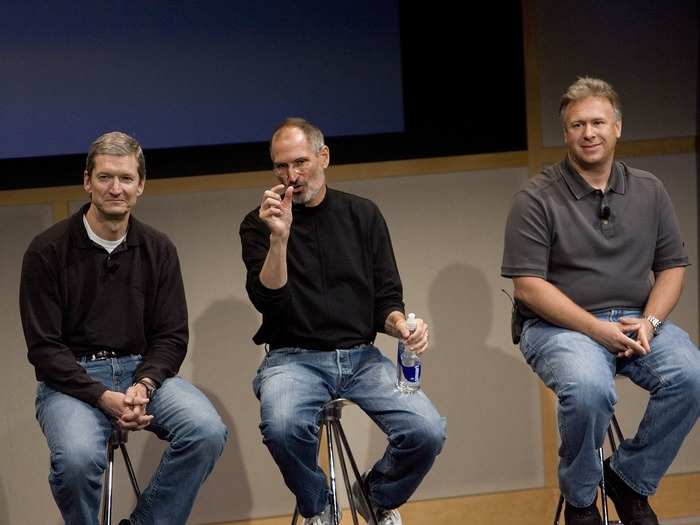
In 2007, Apple introduced the iPhone, the device that would change everything.
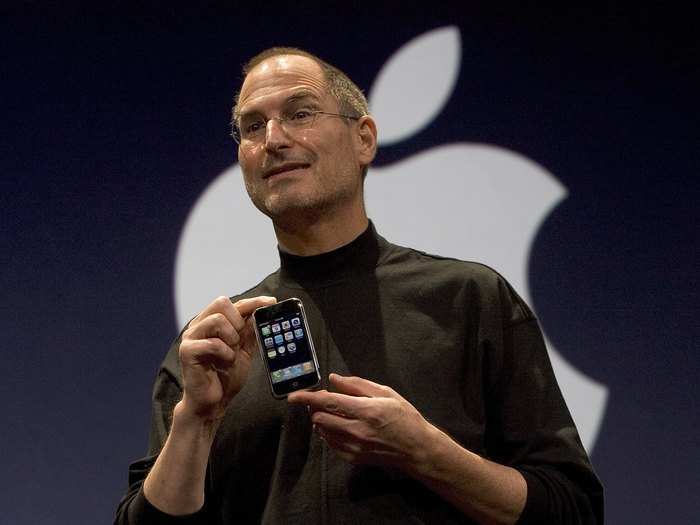
That same year, Jobs brought Cook a little closer into the core of the business by naming him COO. At this point, Apple insiders say, he was already running much of the business, with Jobs just there to make important product decisions.
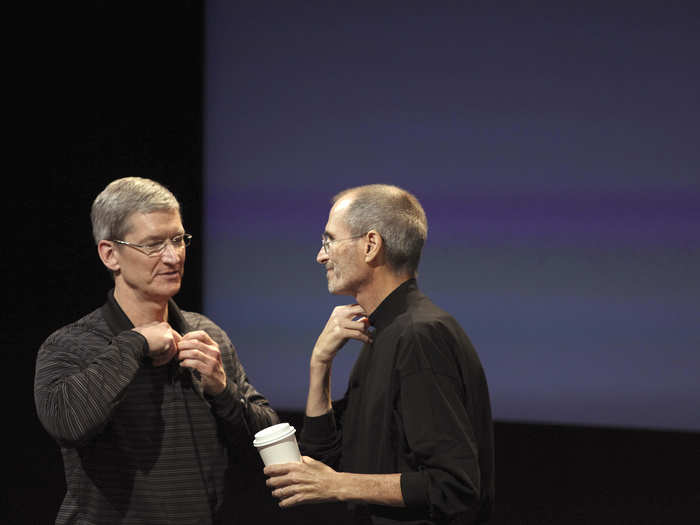
As COO, Cook made more appearances at public events, getting him out in front of executives, customers, partners, and investors.
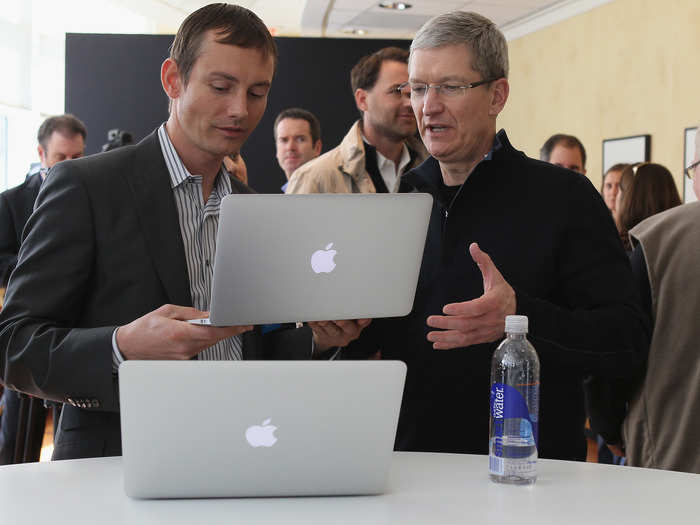
In 2009, Tim Cook was named interim CEO while Steve Jobs was on leave to manage his declining health. Jobs had been diagnosed with pancreatic cancer in 2003, and it was starting to take its toll.
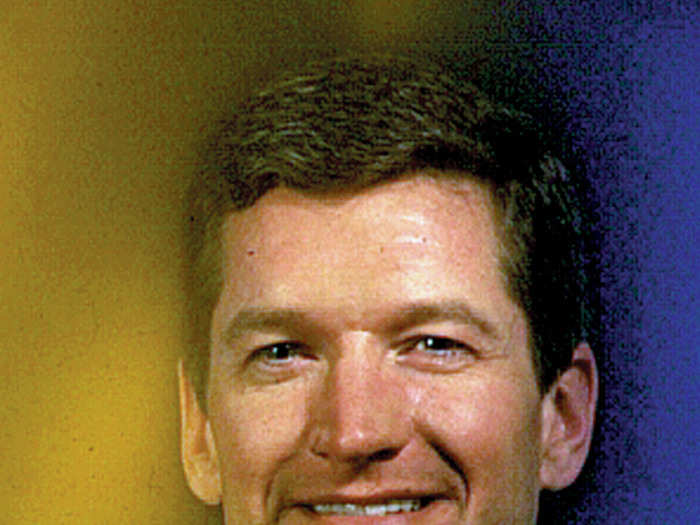
In 2009, Cook actually offered Jobs a portion of his liver, since they share a rare blood type. But Jobs refused, saying, "I'll never let you do that. I'll never do that."

In January 2011, Cook took over as interim CEO once again while Jobs was on medical leave. In August 2011, Jobs resigned his role to focus on his health, with the board naming Cook the permanent CEO of Apple.
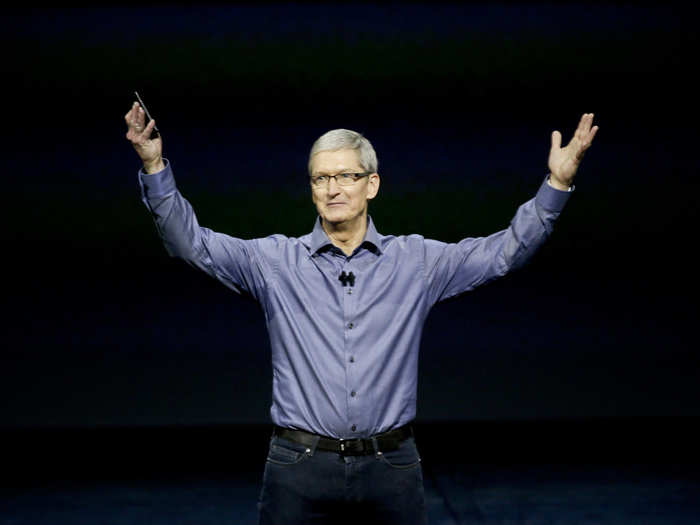
When Jobs died in October 2011, Cook had the flags of the Apple campus flown at half staff in his memory.

Cook had some big shoes to fill. The iPhone, especially, is an internationally beloved product, and Jobs is held up as one of the greatest CEOs in history. There was a lot of uncertainty over whether or not Apple could keep the momentum going under Cook.
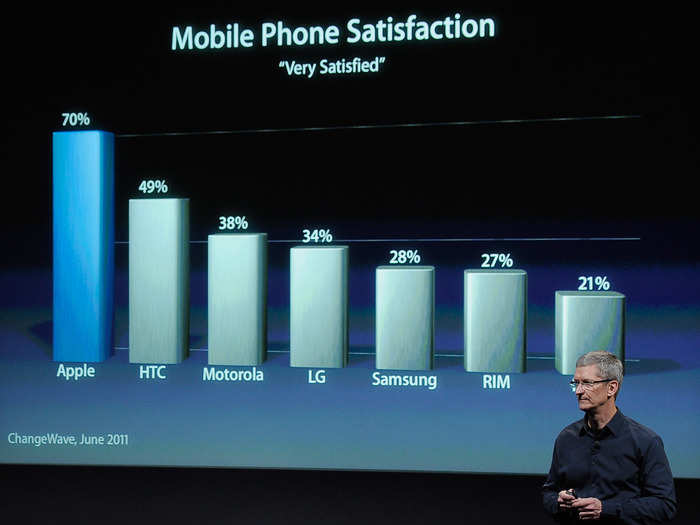
Cook kept a lot of important Apple traditions alive, including appearances by rock stars like the Foo Fighters at big company events ...
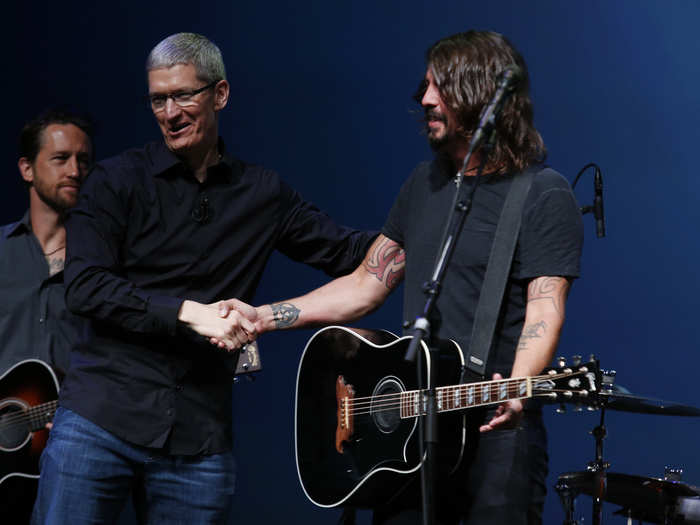
... and Jobs' famous "one more thing" product announcements.
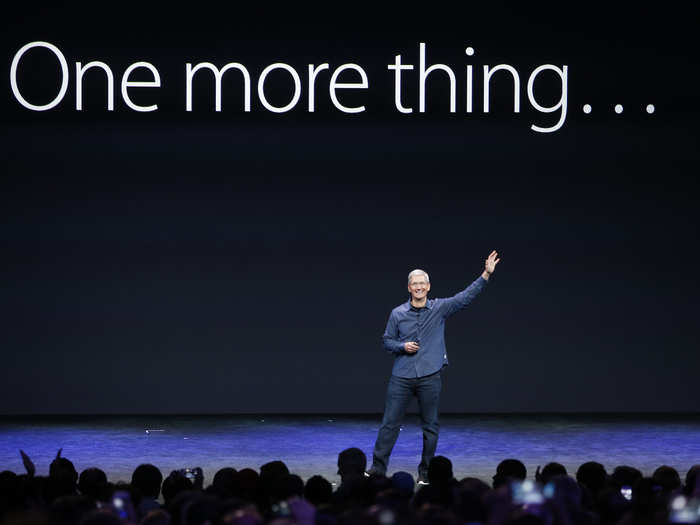
But things also shook up a little bit under Cook's watch. The best example is Scott Forstall, former Apple VP of iOS, who stepped down from his role in 2012.
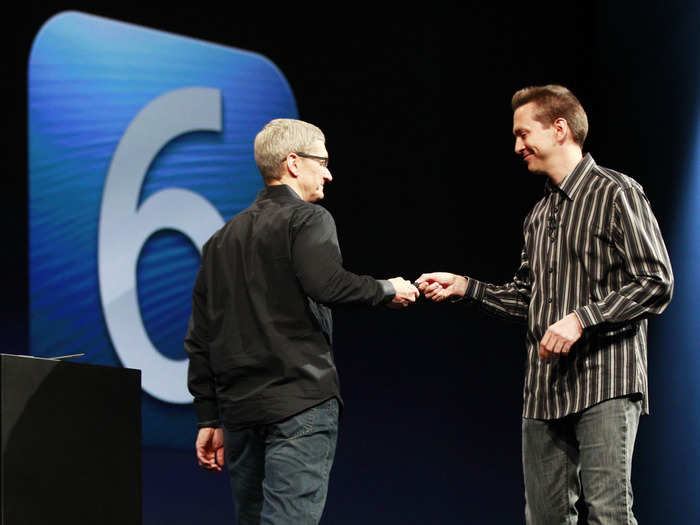
Through all of this, Cook kept, and continues to keep, his personal life under wraps. We know he enjoys hiking, cycling, and fitness, but he doesn't work out at the Apple on-campus gym, and he doesn't share many details about his home life.
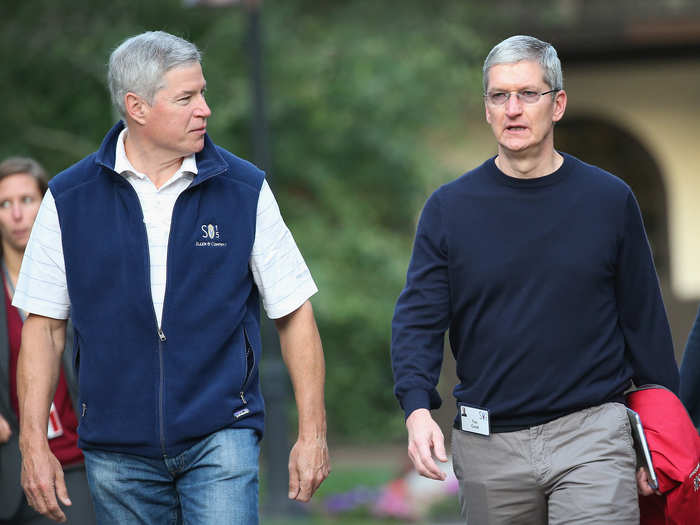
In 2014, though, Cook ended years of speculation by publicly announcing, in an editorial in Bloomberg Businessweek, that he was gay. That makes Cook the first openly gay CEO of a Fortune 500 company.
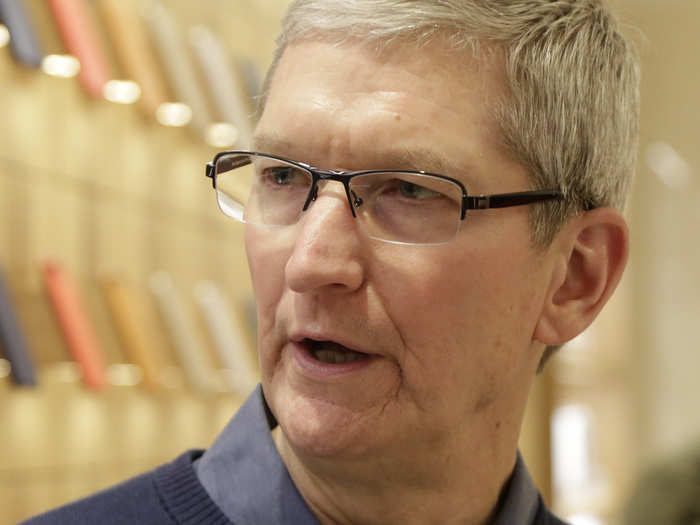
And in 2015, Apple released the Apple Watch, the company's first entirely new product in the post-Jobs era.
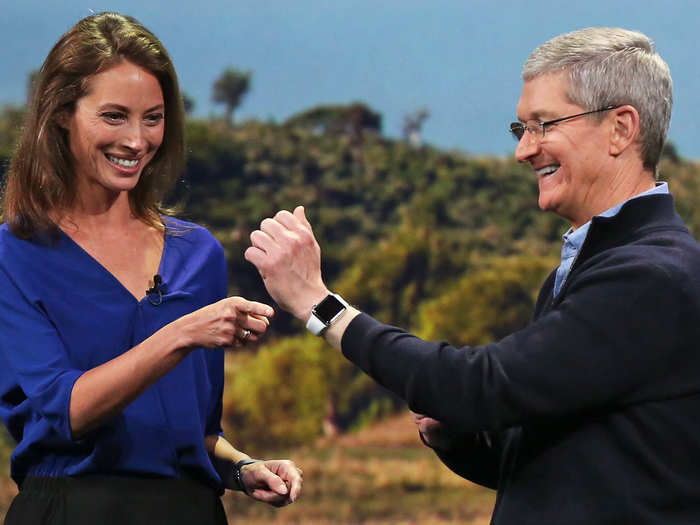
Today, Apple is the most valuable company in the world, worth $523 billion. Cook has an estimated net worth of $400 million, including a million shares of Apple that have yet to vest. In March 2015, Cook announced his intention to donate his fortune to charity.
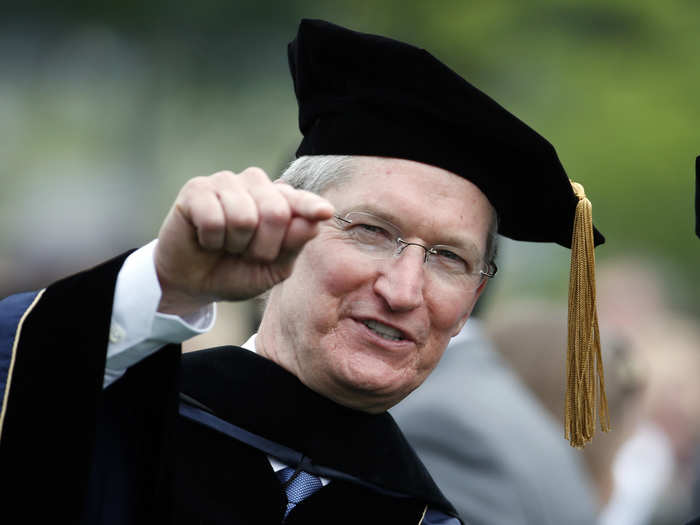
And the rest, as they say, is history.
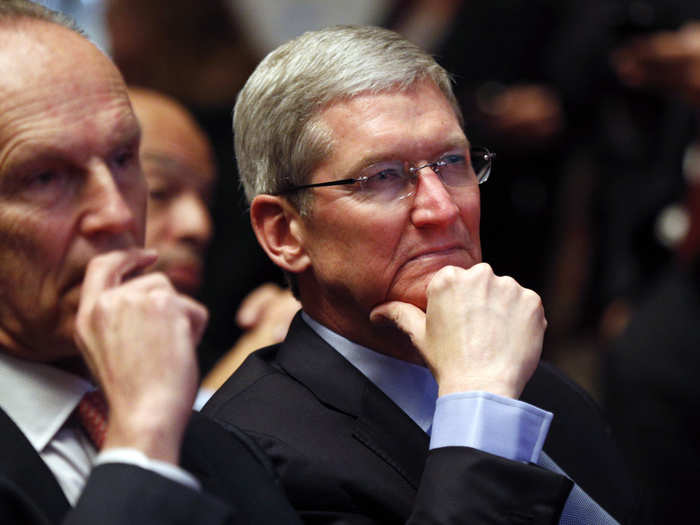
Popular Right Now
Popular Keywords
- India’s wearables market decline
- Vivo V40 Pro vs OnePlus 12R
- Nothing Phone (2a) Plus vs OnePlus Nord 4
- Upcoming smartphones launching in August
- Nothing Phone (2a) review
- Current Location in Google
- Hide Whatsapp Messages
- Phone is hacked or not
- Whatsapp Deleted Messages
- Download photos from Whatsapp
- Instagram Messages
- How to lock facebook profile
- Android 14
- Unfollowed on Instagram
Advertisement